Subscribe:
Join our exclusive mailing list to receive the latest update, market insights, and product discounts directly in your inbox.


In the real estate industry, effective communication is not just a courtesy—it’s a legal and ethical responsibility.
When working with Deaf clients, hiring a qualified American Sign Language (ASL) interpreter ensures that every detail of the transaction is fully understood, building trust and avoiding potential legal pitfalls.

The Americans with Disabilities Act (ADA) mandates that businesses provide equal access to services for individuals with disabilities, including Deaf and hard-of-hearing individuals. For real estate professionals, this means:
Failure to comply with these requirements can result in legal consequences and damage to your reputation.
Understanding a client’s needs is vital when helping them buy or sell a home. Interpreters facilitate open communication, ensuring you fully grasp your client’s preferences, concerns, and goals.
Real estate contracts are binding legal documents filled with complex terms. An interpreter ensures your Deaf client understands every detail, preventing miscommunication that could lead to disputes or financial loss.
Home inspections and appraisals often involve technical jargon. Having an interpreter present ensures your client can ask questions, voice concerns, and make informed decisions.
The closing process involves reviewing final documents, signing papers, and verifying the terms of the agreement. An interpreter ensures your client has a clear understanding of these crucial steps, leaving no room for doubt.
Hiring a professional interpreter is essential to maintaining high standards of service.
Here are some trusted resources:
Incorporating interpreter costs into your business model demonstrates a commitment to inclusivity and professionalism.
Consider incorporating the cost of interpreters into your standard fees. This way, you can provide seamless service without burdening your Deaf clients.
Establish relationships with local interpreters or agencies to negotiate rates for recurring services. Many professionals are willing to offer discounts for consistent work.
Interpreter costs may qualify as a business expense for tax purposes. Consult a tax professional to determine how to include these expenses.
Schedule interpreters early in the process to avoid last-minute fees or unavailability.
Beyond legal compliance, hiring interpreters shows your commitment to inclusivity. It tells your Deaf clients that their business is valued and that you are willing to go the extra mile to ensure their experience is equitable.
Hiring an interpreter for Deaf clients is not just about compliance—it’s about fostering trust and providing exceptional service. By planning ahead, using available resources, and integrating interpreter costs into your business model, you can serve your Deaf clients effectively and inclusively.
Resources to Explore:
Subscribe:
Join our exclusive mailing list to receive the latest update, market insights, and product discounts directly in your inbox.

Copyright 2024 | TCS Real Estate | All Rights Reserved
Privacy Policy| Terms and Conditions